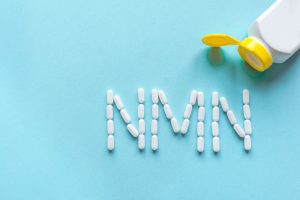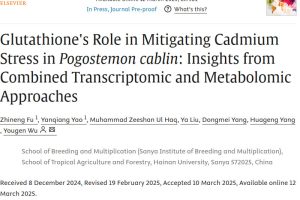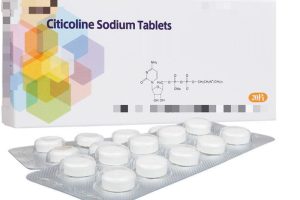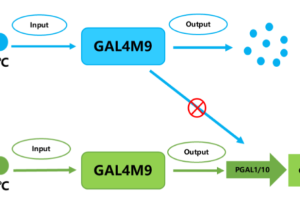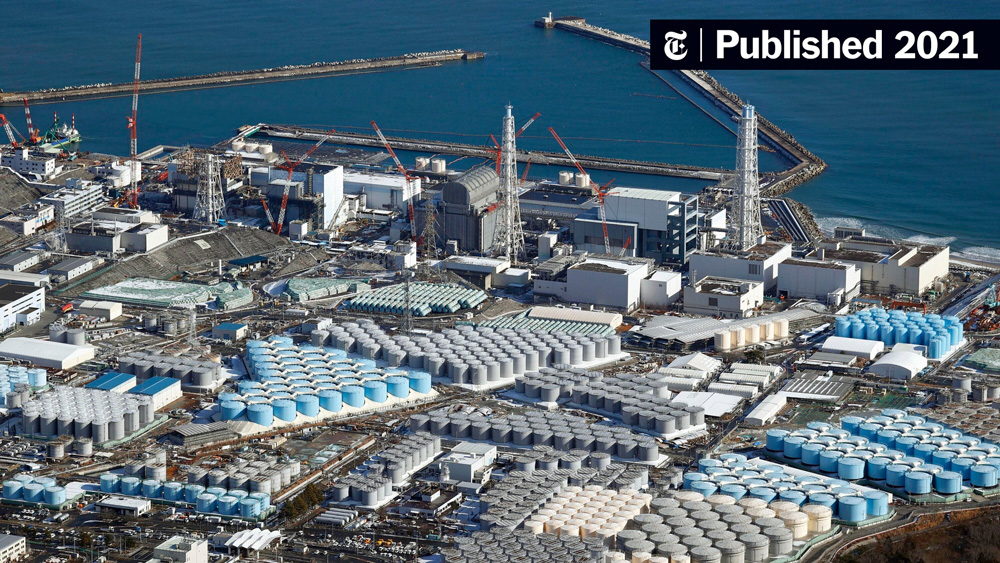On August 24, 2023, Japan once again attracted global attention. On this day, Japan released a shocking news: the country decided to discharge nuclear radiation sewage into the sea. NMN
This incident has aroused concerns and heated discussions around the world, and the radiation issue has become the focus of attention.
This discharge involves the radiation of radioactive material, mainly from radioactive material produced during nuclear reactions and used in cooling and remedial operations following a nuclear accident.
Specifically, these radioactive substances may include radioactive iodine, radioactive cesium, radioactive hydrogen, etc. Among them, radioactive cesium and radioactive iodine are the two most common radioactive substances in normal operation and accidents of nuclear power plants.
The radioactivity of these materials can have impacts on the environment and human health, especially for marine ecosystems and human fisheries, with possible long-term effects.
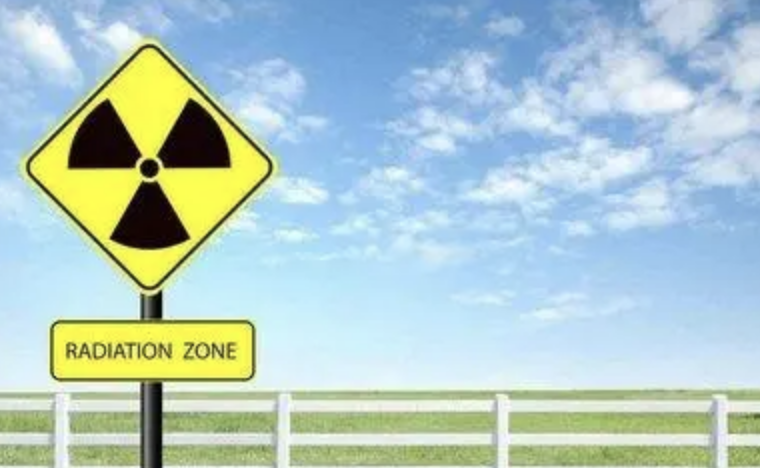
In life, we generally do not have the opportunity to be exposed to a large amount of ionizing radiation, only a few cases.
Such as X-ray-related medical examinations, travel by plane, or personally entering areas where nuclear explosions have occurred, such as Hiroshima and Nagasaki in Japan, and the well-known Chernobyl.
Nuclear radiation is an invisible and intangible substance that can cause great harm to the human body.
Nuclear radiation mainly causes damage to human DNA and cells through the release of three high-energy particles, α, β, and γ. These particles can pass through human cells and destroy the double helix structure of DNA, causing serious consequences such as gene mutation and cell death.
Long-term exposure to nuclear radiation will increase the risk of cancer, reproductive system damage, and decreased immunity.
However, NMN (nicotinamide mononucleotide) brings new hope to the field of radiation resistance.
01 NMN anti-radiation principle
NMN achieves the anti-radiation effect by improving the resistance of human cells to radiation.
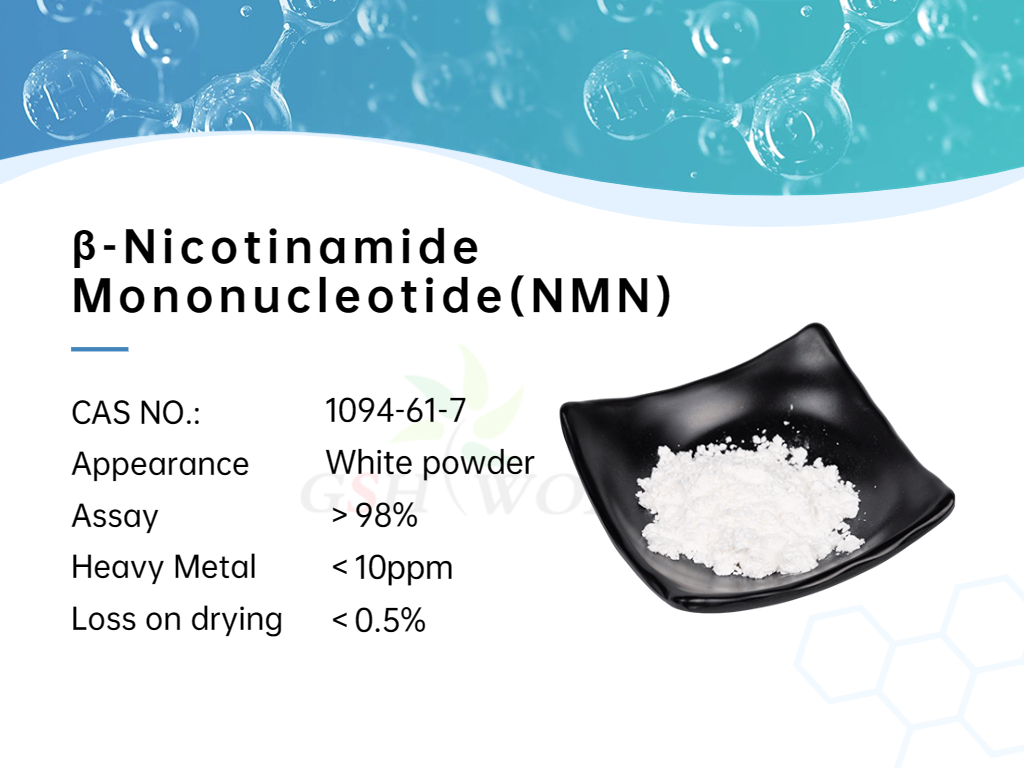
NMN is a key substance for cell vitality in the human body. It can effectively increase the content of NAD+ in cells. NAD+ is a key cell protection molecule that can resist radiation damage to cells.
The anti-radiation effect of NMN is mainly realized by enhancing the DNA repair ability in cells and reducing cell death.
For example, a study in mice found that NMN significantly increased their resistance to radiation and reduced radiation-induced DNA damage. Another study in humans found that NMN can boost the human immune system and alleviate immune system suppression caused by radiation.
02 Research on radiation resistance of NMN
According to a report on NASA’s official website on October 6, 2018: NASA selected 29 astrobiology research proposals, including nicotinamide dinucleotide researched by Professor David Sinclair and Xiao Tian, Ph.D., from Harvard Medical School (NAD) – Awarded by NASA for Strategies to Address DNA Damage and Muscle Degeneration in Space Exploration.
The NAD studied by David Sinclair’s team can effectively solve these problems. The research found that:
Supplementing NMN to increase NAD levels repaired the damage to the mouse’s DNA from radiation, making it indistinguishable from healthy mice. By supplementing NMN, not only DNA can be repaired, but also musculoskeletal loss can be delayed.
During astronauts’ missions to space, the astronauts are exposed to radiation from the universe, which can be tens or even hundreds of times more than the amount of radiation we receive in our daily lives, resulting in a very high probability of DNA damage in the astronauts’ bodies.
Studies have shown that after a 4-year round-trip into the universe, high-energy particles in space can cause 5% of the body’s cells to die and cause significant aging, and almost 100% of them will suffer from cancer.
David Sinclair’s team used NMN (the precursor of NAD+) to increase the content of NAD+, which effectively solved the problem of DNA damage, and won NASA awards in March and October respectively.
A report issued by the National Institutes of Health (NIH) of the United States pointed out that NMN is a kind of nutrient substance with anti-radiation effect, which can effectively reduce the damage of radiation to the human body.
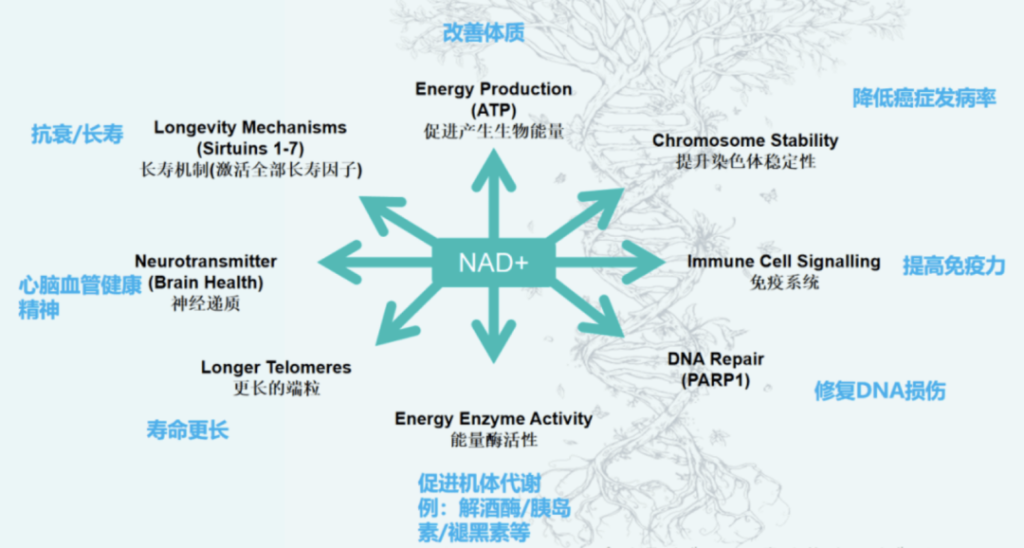
In addition, the research report of the Chinese National Academy of Sciences also pointed out that NMN can enhance the body’s resistance to radiation and has a positive effect on preventing radiation-induced diseases.
NMN is a key cellular repair substance that protects DNA from radiation damage. The main mechanism of action is that NMN can stimulate the expression of Sirtuins gene family, thereby repairing damaged DNA and inhibiting cell apoptosis.
In addition, NMN can also enhance the antioxidant capacity of cells and reduce the damage of radiation to cells.
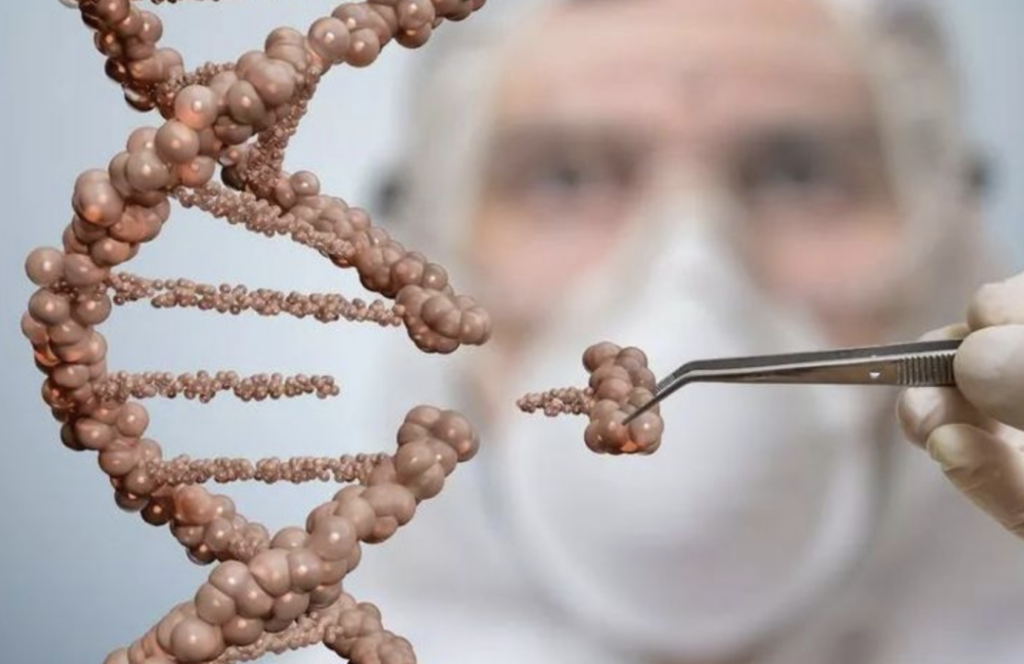
Facing the threat of radiation, NMN provides us with a strong line of defense.
NMN enhances the ability of cells to metabolize and repair DNA by increasing the NAD+ content in human cells. And NAD+ is a key cell protection substance, which has a significant effect on anti-aging and improving immunity.
references:
- 1.(Bao Y, Wu Q, Zhu Y, et al. β-Nicotinamide Mononucleotide Supplementation Protects against Radiation-Induced Acute Gastrointestinal Syndrome through Improving the Telomere-Telomerase System and Inhibiting Cell Death and Inflammation[J]. Theranostics, 2019, 9(44): 15108-15120.)
- 2.(Li J, Huang H, Wang Z, et al. Mitochondrial protection by β-NMN improves mitochondrial function and inhibits apoptosis in radio-induced lung injury[J]. Radiation Oncology, 2020, 15(1): 43.)



